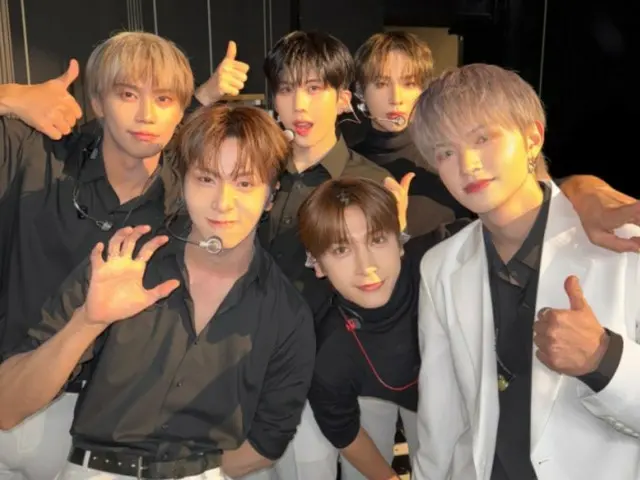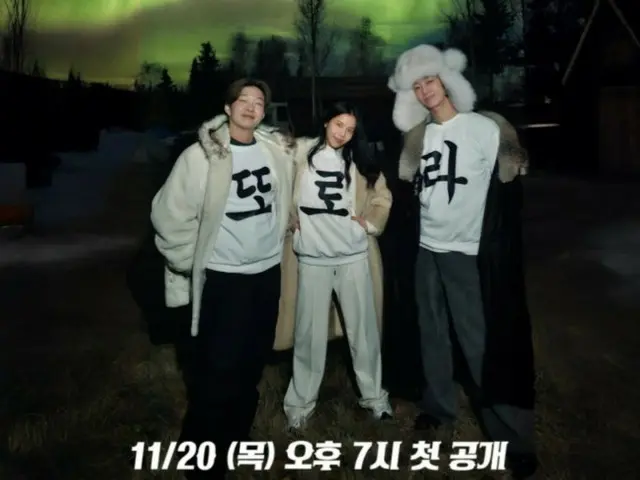But who actually measures the time? At prestigious international film festivals like Cannes and Venice, journalists and representatives from distribution companies time the ovation from the moment the film ends. Foreign media outlets like Variety and Deadline publish articles titled "Received a Standing Ovation for XX Minutes," and cameras capture every tear shed by the director and actors, and every cheer from the audience. This process itself is a highlight of the film festival and a kind of public relations strategy.
However, a long standing ovation doesn't necessarily guarantee an award. 'Pan's Labyrinth', which received a 22-minute standing ovation at the 2006 Cannes Film Festival, missed out on the Palme d'Or. On the other hand, 'Poor Things', which received a standing ovation of over 10 minutes at Venice in 2023, won the Golden Lion. Industry insiders say, "Standing ovations aren't directly related to winning an award; they are mainly a mark of respect for great directors." They add, "However, generating buzz can indirectly boost box office success."
Interestingly, this culture is gradually becoming more performative. When a director clasps his hands together in gratitude, or an actor sheds tears, the audience finds it difficult to simply sit down. The applause reflects not only the quality of the film, but also its social message, star power, and the atmosphere of the event. While the 9 minutes of standing ovation for Park Chan-wook's film might have been a reflection of his international standing and the impact of his work, the 23 minutes of standing ovation for "The Voice of Hind Rajab," a film about the tragedy in Gaza, was a result of an outpouring of empathy and solidarity with the real-life tragedy. Ultimately, what matters is not the "number" of minutes, but the "context." More important than how many minutes of applause they received is what motivated the audience. A standing ovation at a film festival is another stage that can create a dramatic moment, just as powerful as the film itself.
2025/09/11 07:57 KST
Copyrights(C) Edaily wowkorea.jp 109







